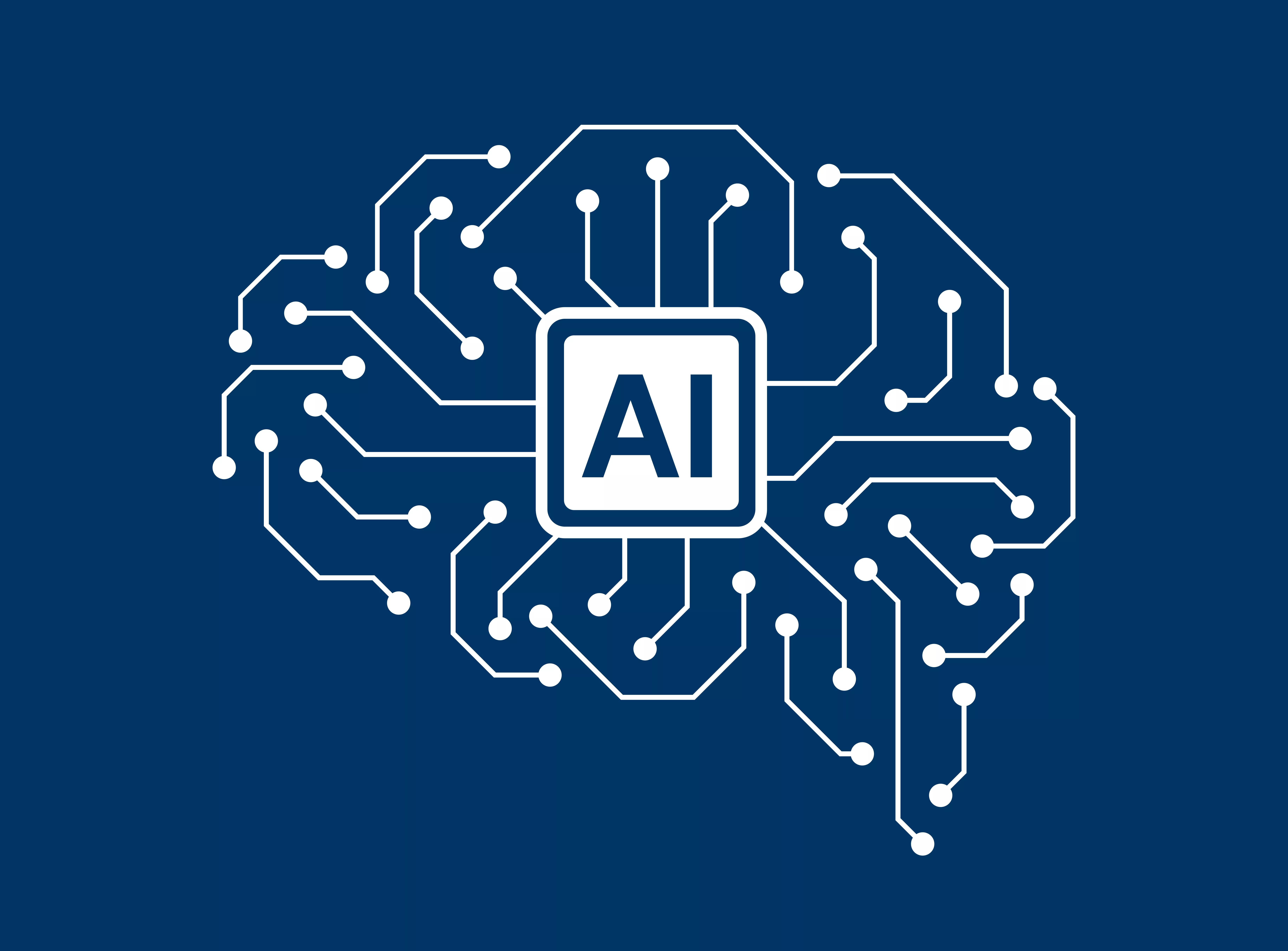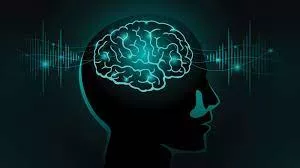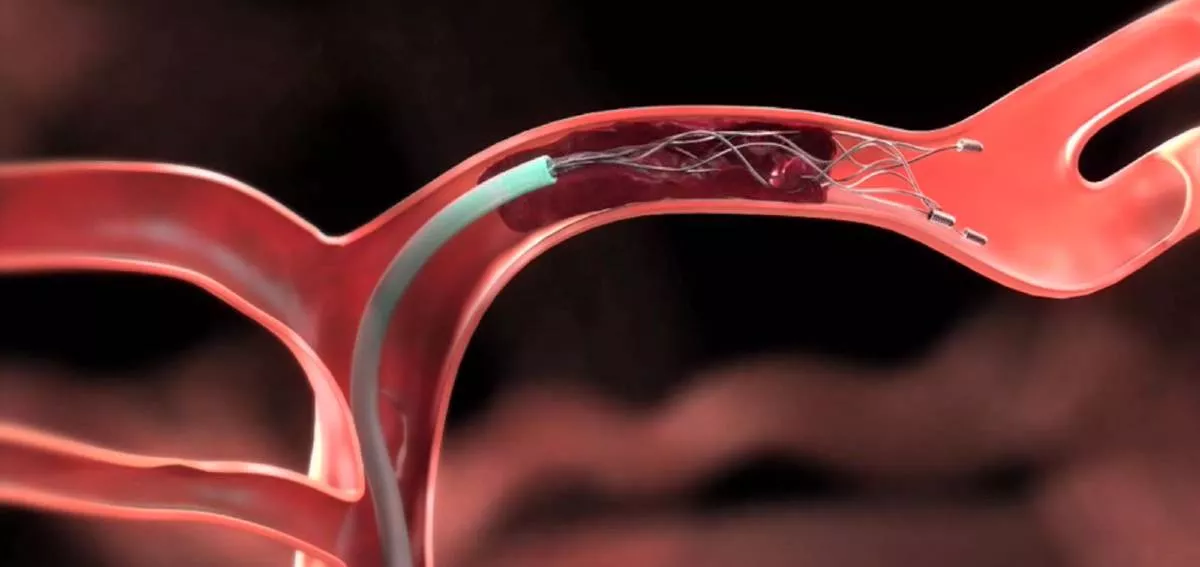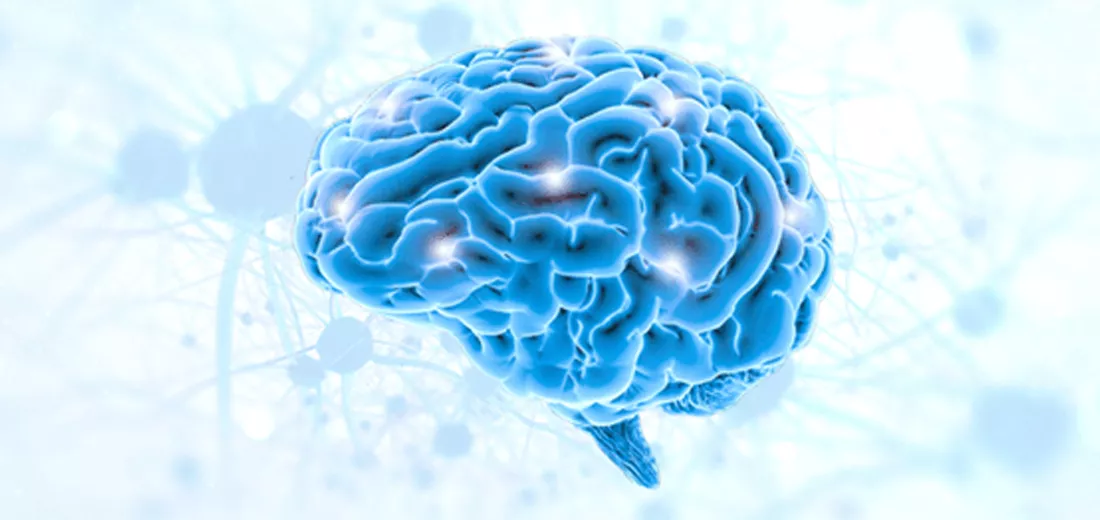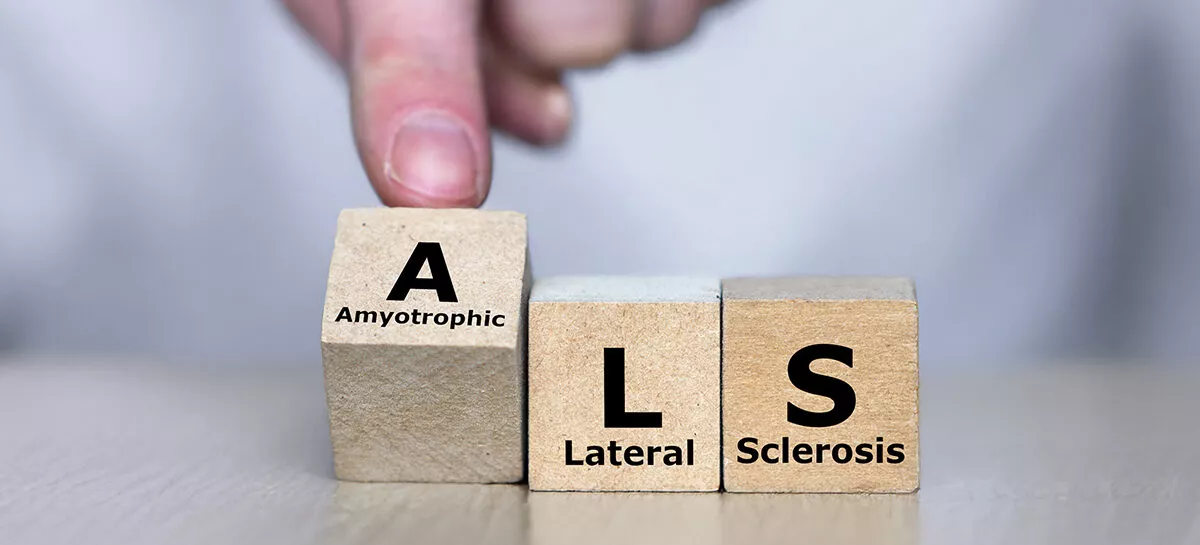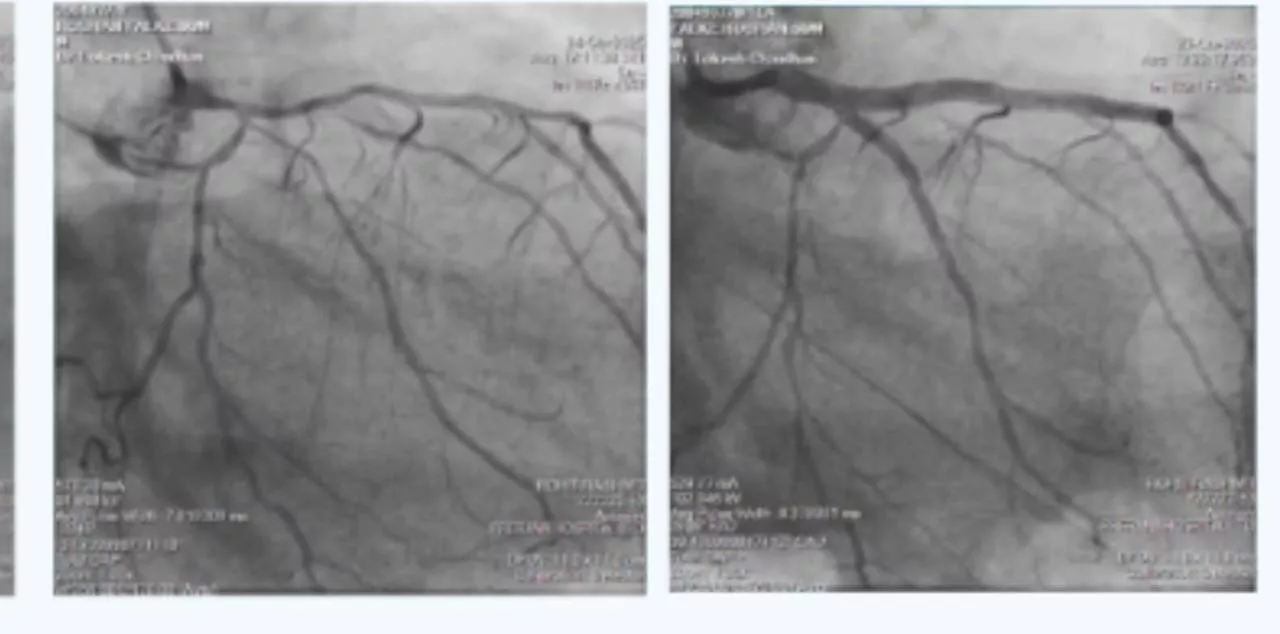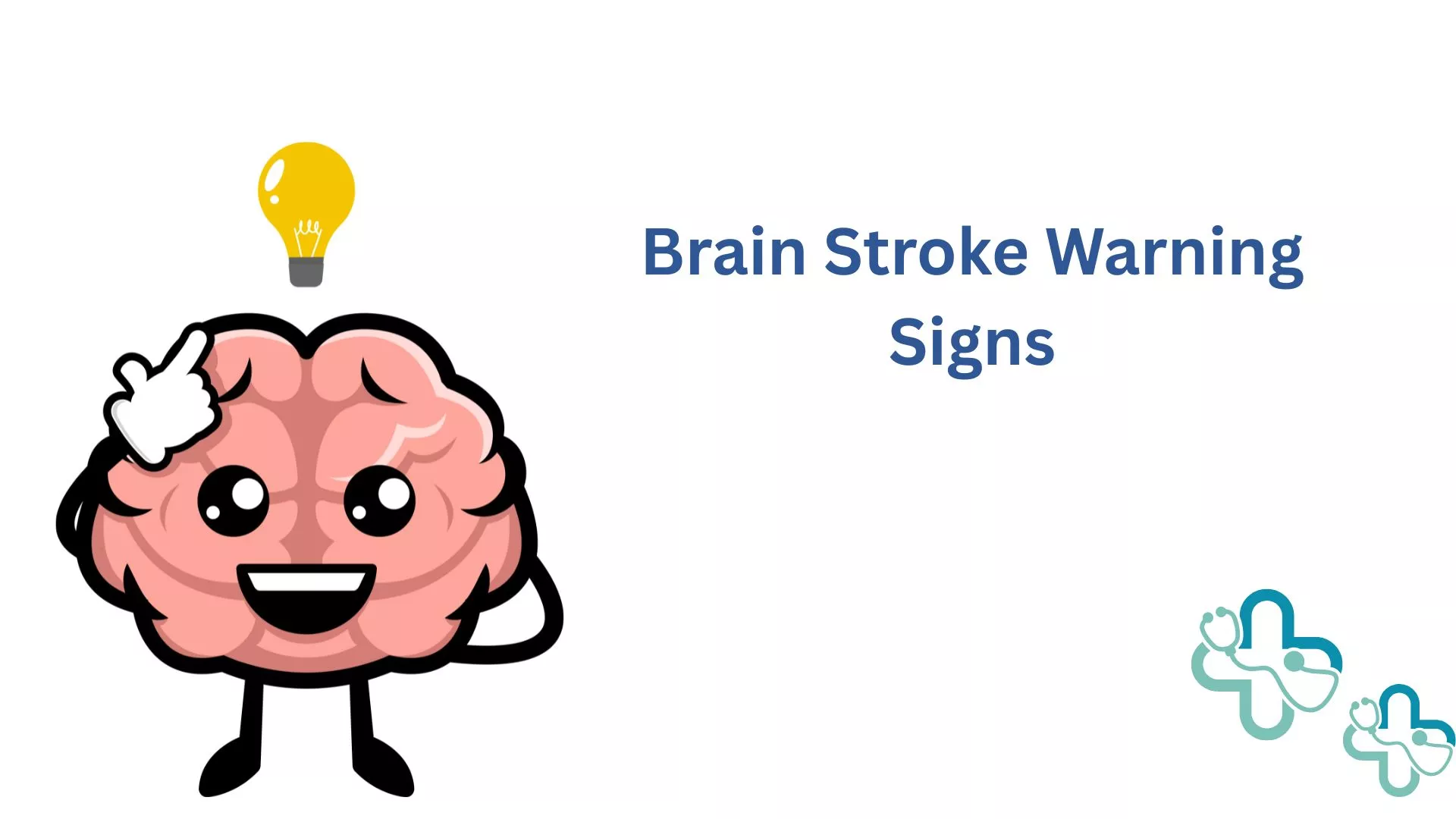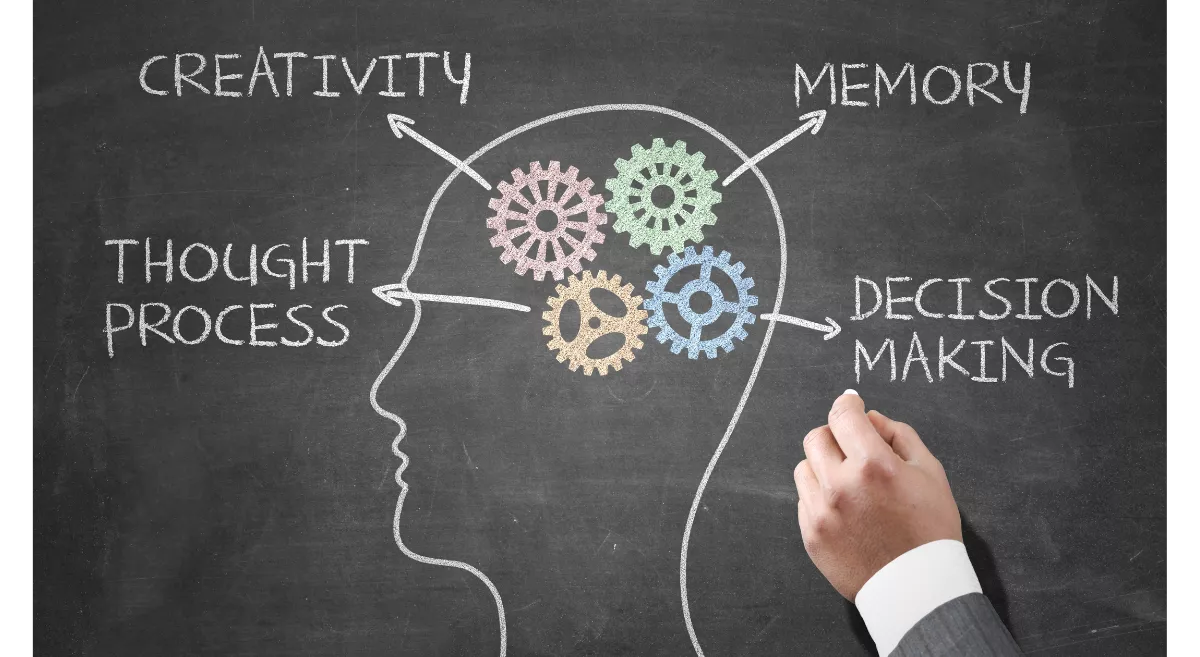In our world of constant flux, the horizons of scientific discovery appear limitless. Neuroscience and artificial intelligence are the two subfields that have received a lot of attention in recent years (AI). Both of these fields have made significant advances, shaping how we understand the human brain and simulate cognitive processes. The intersection of neuroscience and artificial intelligence (AI) marks a fascinating juncture, promising pioneering insights into the elaborate workings of the brain.
The Evolution of Neuroscience and AI
To truly comprehend the importance of this intersection, let's look at the history of neuroscience and AI. Neuroscience, or the study of the nervous system and brain, has been around for centuries, whereas AI, or the search for intelligent machines, took off in the mid-twentieth century. Although these fields evolved independently, their paths were destined to intersect. If you are seeking expert care and advanced research in this area, a Neurology Hospital in Bangalore is often at the forefront of adopting AI-driven technologies for diagnosis and treatment.
Technological advances in recent decades have pushed neuroscience and AI closer together. Groundbreaking research in the brain has led to the establishment of advanced brain imaging techniques such as functional magnetic resonance imaging (fMRI) and electroencephalography (EEG). Simultaneously, AI algorithms have become more advanced, particularly those in machine learning and deep learning. This parallel development has resulted in a powerful synchronisation that allows scientists to analyse and comprehend brain data at an unprecedented scale.
Unraveling the Mysteries of the Brain with AI
The intersection of AI and neuroscience is most visible in data analysis. Artificial intelligence algorithms thrive at processing massive amounts of complex brain data collected through neuroimaging techniques. AI has enabled researchers to map brain regions with unprecedented accuracy by classifying intricate patterns and correlations within brain data. This collaboration has also paved the way for researchers to better comprehend neural pathways and even predict brain disorders based on minor deviations from normal brain activity. Consider the innovative Alzheimer's disease research. Artificial intelligence-powered brain image studies have found subtle changes in brain structures that precede clinical symptoms. Such discoveries have enormous potential for early detection and intervention, potentially revolutionising our approach to neurodegenerative disorders.
Cognitive Enhancement and Neural Networks
Neural networks, which are complex systems of interconnected neurons, are central to both AI and the human brain. Surprisingly, AI models are inspired by biological neural networks to simulate cognitive processes. AI aids in complex cognitive tasks such as language translation and image recognition through this emulation. Imagine the opportunities for cognitive enhancement through AI-assisted learning. Adaptive learning platforms use AI algorithms to customise educational content to individual learning styles, mimicking the adaptability of the brain. Furthermore, the advancement of brain-computer interfaces is on the horizon. These interfaces, which connect the brain directly to external devices, have the potential to transform the lives of people who are paralysed by allowing them to control prosthetics and interact with the world through thought.
Revolutionizing Healthcare: AI-Driven Diagnostics and Treatment
Healthcare stands to benefit greatly from the convergence of AI and neuroscience. Because of their complexity, neurological disorders frequently pose diagnostic challenges. The analytical prowess of AI shines through here. When fed vast datasets of brain scans and patient histories, machine learning algorithms can distinguish subtle markers that elude human observation. As a result, diagnostic accuracy increases, resulting in earlier interventions and better patient outcomes. Aside from diagnostics, the potential of AI in treatment is equally compelling. Personalized medicine, powered by AI analysis of a person's brain characteristics, promises tailored treatment plans that take into account the unique intricacies of each patient's brain. For those seeking professional guidance, experienced Neurologists in Bangalore are increasingly collaborating with AI tools to deliver more precise and effective care. While these possibilities are exciting, ethical concerns loom large.
Neuroethics in the Age of AI
The intersection of brain research and AI raises serious ethical concerns. Brain data, which contains personal information, necessitates strict privacy safeguards. The ability of AI to decipher thought patterns and emotions necessitates careful handling of sensitive information. It is critical to strike a balance between advancing knowledge and protecting privacy. Collaboration between ethicists, neuroscientists, and AI experts is critical as we enter uncharted territory.
Future Prospects and Collaborative Opportunities
In the future, the possibilities for neuroscience and AI collaboration appear limitless. Brain-machine interfaces, which bridge the gap between human cognition and artificial intelligence, have the potential to reshape human capabilities. Consider controlling devices with your thoughts or transmitting data directly into your brain. These previously unfathomable possibilities are now within our grasp. The integration of neuroscience and AI is a brilliant, awe-inspiring thread in the grand tapestry of scientific exploration. The mutualistic relationship between these fields has already yielded extraordinary insights, bringing us closer to unravelling the mysteries of the human brain.
